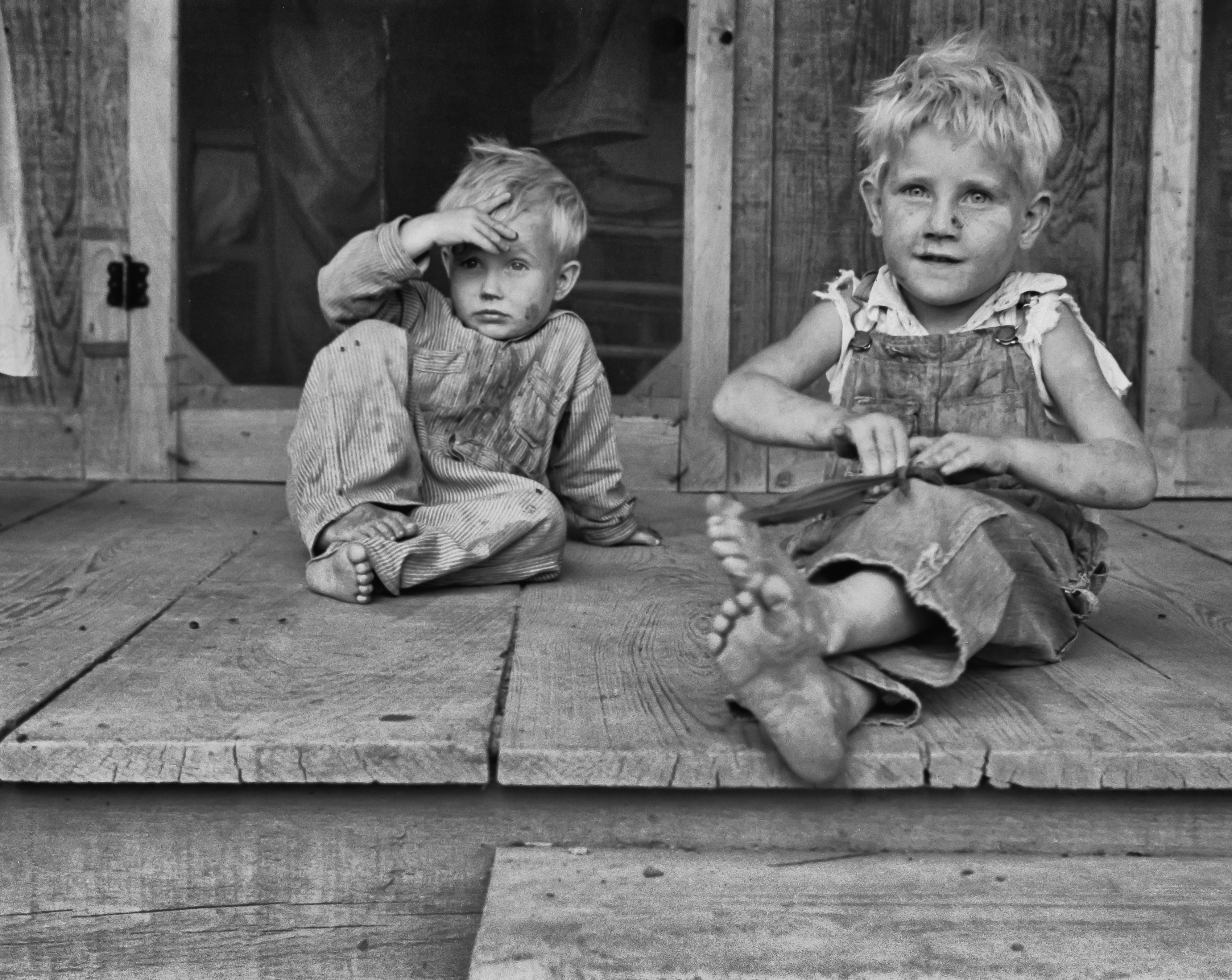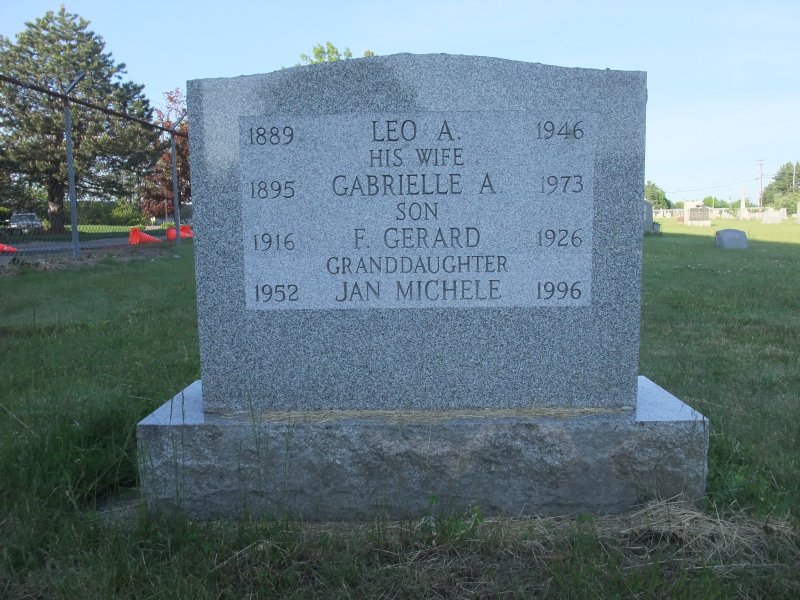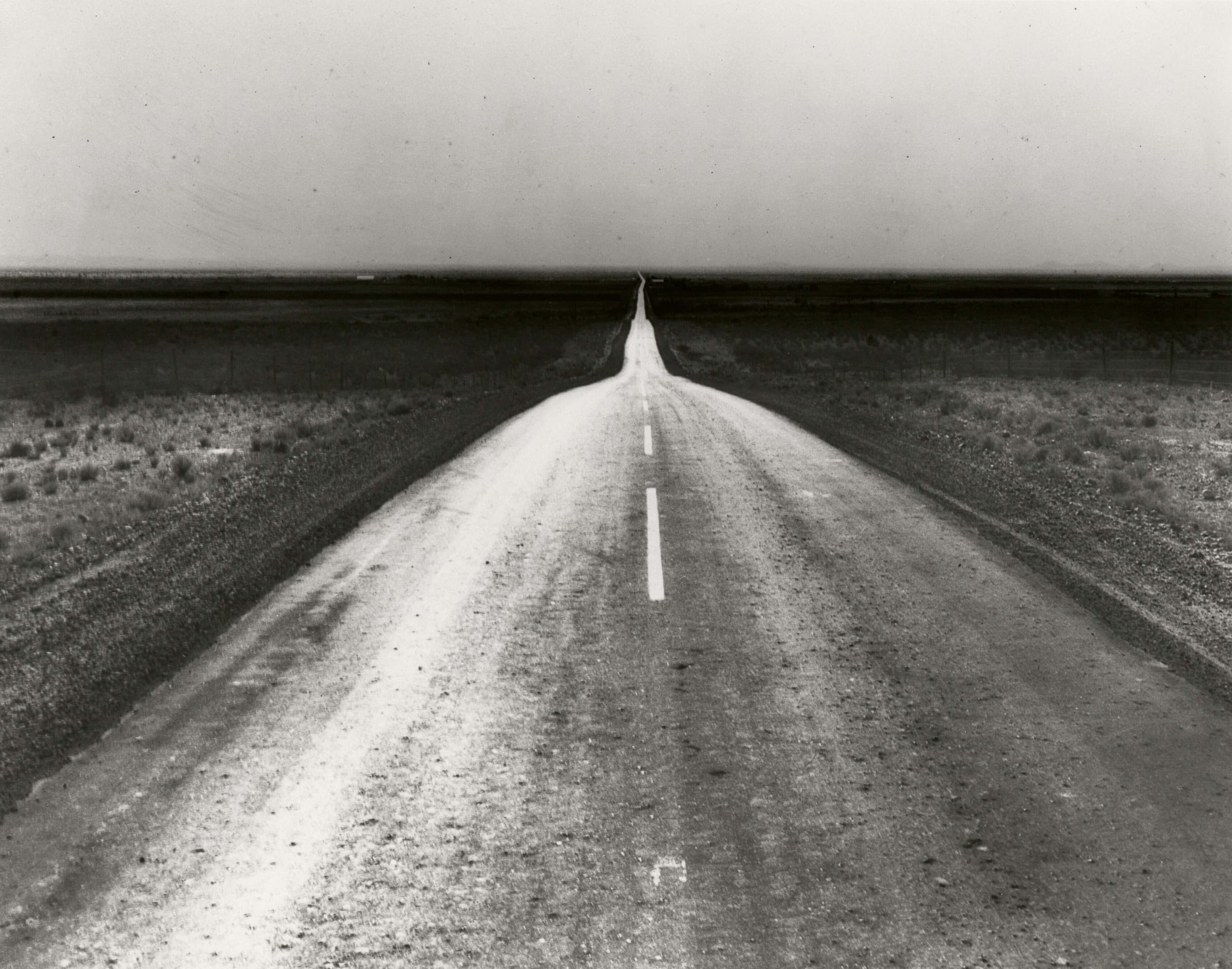Scan barcode
A review by buddhafish
Visions of Gerard by Jack Kerouac
4.0
[27th book of 2021. Artist for this review is American photographer Dorothea Lange—photographs (unless stated otherwise) are not of any of the people in this book, but rather photographs that capture the feeling.]

We have a scan of one of Kerouac's notebooks in which he outlined the chronological order of the Duluoz Legend as he had written it so far. It is incomplete as he went on to write novels later on that fit earlier in the story's order. For example, this novel was published in 1963, and is his 11th or 12th novel, but the first chronological installment in the Legend. It is so early in Kerouac's life that he barely features in it himself, being only 4-years-old; with that in mind, this is perhaps one of the more overtly "fictional" novels of the Legend. The narrative goes into Gerard's head, and follows Kerouac's father on trips to the pub. It is essentially drawing a portrait of Kerouac's family during his older brother's illness [rheumatic fever]. Gerard is 9-years-old and the plot of this novel is his inevitable spiralling towards death.

Kerouac's aforementioned notebook page.
Of course, this is a biased portrait of a family. Kerouac, presumably, does not entirely remember his feelings at the age of 4 and so the emotion we have coming from the prose is the 41-year-old Jacky writing his own past, and his own family's portrayal, too. Gerard is presented from the get-go as some Zen-like boy, heavenly, spiritual. On page 2 of the novel it says, The world a hatch of Duluoz Saintliness, and him the big chicken, Gerard, who warned me to be kind to little animals and took me by the hand on forgotten little walks.
At certain points in the narrative, Kerouac admits he does not know something, or his memory his hazy, which strikes oddly when entire sections of the novel are completely without his 4-year-old-self present. As ever, he is blending the concept of fact and fiction, which is one of my favourite things to read. It's also a hazy love-letter to Lowell, Massachusetts where Kerouac grew up. He called this novel of his own a "pain-tale", and there's no supposing why.
Gerard is 9-years-old and dying. His death also brings about many interesting ideas that Kerouac was probably battling with, and had been battling with. He wrote this in '63 and was dead by '69 due to the amount he drank. I don't know if it's true but I remember reading once that he had told his friends he couldn't kill himself, on account of being Catholic, so was going to drink himself to death instead. There's some poignant lines regarding religion throughout the novel, particularly, from Gerard, who is facing the fact that he may soon be going to Heaven—would make an angel melt—If angels were angels in the first place.

Francois Gerard Kerouac's Grave—Nashua, Hillsborough County, New Hampshire.
As for the prose itself: Kerouac gets a lot of negative reviews, and frankly, I've never met a true Kerouac fan in person. My old professor once said he "understood" my love for him, but whether that meant because it was a love he shared or not, I don't know. It's not often you see anything to do with Kerouac without his drinking being mentioned, his spontaneous prose, and the fact that Capote called his work "typing, not writing"; I disagree with Capote, but I like his work too. Kerouac's novels have a certain rhythm to them and I think it's the sort of writing you have to get used to. Here's an example of some beautiful prose, in my eyes, but not the sort of prose you would read anywhere else: All of a sudden tossed wars of tree-tops will be warmer wars and less dry and crackety ones, and there'll be rumours and singing down the hillsides as snow melts, running for cover under the bloody light, to join the river's big body— It's rambly, poetic; Kerouac often doesn't bother with punctuation or the "rules" of it, and he even said in a late interview with "The Paris Review" that publishers were told not to change his prose, but to leave it, as it was, "mistakes" and all.
Finally though, this slim novella all falls back to Gerard and his death, which the novel slowly floats towards in a dreamlike stupor. And because it is such a personal novel, Kerouac is rather confessional (as he is in his best novels—in a sick sort of way, Kerouac's best writing comes from his weakness being shown, rather than the idealism of his younger writing): And there's no doubt in my heart that my mother loves Gerard more than she loves me. And, a large confession again that reflects on the Duluoz Legend itself:
I won't spoil the real heartbreaking bits as Gerard dies and some of the dialogue, real or not, that Kerouac's mother wails. There's a very poignant bit around the middle of the novella where Gerard is in school and falls asleep at his desk and is woken by his teacher and tells her that he, in his dream, has been to Heaven; he frightens everyone around him. I wonder how I would have reacted to this had I read it in its proper position as the first book in the Legend. I think Kerouac takes time to like; a few years ago I read On the Road and didn't know what I thought of it. This is now my 11th Kerouac novel, and I consider him one of my favourite writers and biggest influences, his flaws and all. The 4-year-old Kerouac in these pages has not yet met the road.


We have a scan of one of Kerouac's notebooks in which he outlined the chronological order of the Duluoz Legend as he had written it so far. It is incomplete as he went on to write novels later on that fit earlier in the story's order. For example, this novel was published in 1963, and is his 11th or 12th novel, but the first chronological installment in the Legend. It is so early in Kerouac's life that he barely features in it himself, being only 4-years-old; with that in mind, this is perhaps one of the more overtly "fictional" novels of the Legend. The narrative goes into Gerard's head, and follows Kerouac's father on trips to the pub. It is essentially drawing a portrait of Kerouac's family during his older brother's illness [rheumatic fever]. Gerard is 9-years-old and the plot of this novel is his inevitable spiralling towards death.

Kerouac's aforementioned notebook page.
Of course, this is a biased portrait of a family. Kerouac, presumably, does not entirely remember his feelings at the age of 4 and so the emotion we have coming from the prose is the 41-year-old Jacky writing his own past, and his own family's portrayal, too. Gerard is presented from the get-go as some Zen-like boy, heavenly, spiritual. On page 2 of the novel it says, The world a hatch of Duluoz Saintliness, and him the big chicken, Gerard, who warned me to be kind to little animals and took me by the hand on forgotten little walks.
At certain points in the narrative, Kerouac admits he does not know something, or his memory his hazy, which strikes oddly when entire sections of the novel are completely without his 4-year-old-self present. As ever, he is blending the concept of fact and fiction, which is one of my favourite things to read. It's also a hazy love-letter to Lowell, Massachusetts where Kerouac grew up. He called this novel of his own a "pain-tale", and there's no supposing why.
Gerard is 9-years-old and dying. His death also brings about many interesting ideas that Kerouac was probably battling with, and had been battling with. He wrote this in '63 and was dead by '69 due to the amount he drank. I don't know if it's true but I remember reading once that he had told his friends he couldn't kill himself, on account of being Catholic, so was going to drink himself to death instead. There's some poignant lines regarding religion throughout the novel, particularly, from Gerard, who is facing the fact that he may soon be going to Heaven—would make an angel melt—If angels were angels in the first place.

Francois Gerard Kerouac's Grave—Nashua, Hillsborough County, New Hampshire.
As for the prose itself: Kerouac gets a lot of negative reviews, and frankly, I've never met a true Kerouac fan in person. My old professor once said he "understood" my love for him, but whether that meant because it was a love he shared or not, I don't know. It's not often you see anything to do with Kerouac without his drinking being mentioned, his spontaneous prose, and the fact that Capote called his work "typing, not writing"; I disagree with Capote, but I like his work too. Kerouac's novels have a certain rhythm to them and I think it's the sort of writing you have to get used to. Here's an example of some beautiful prose, in my eyes, but not the sort of prose you would read anywhere else: All of a sudden tossed wars of tree-tops will be warmer wars and less dry and crackety ones, and there'll be rumours and singing down the hillsides as snow melts, running for cover under the bloody light, to join the river's big body— It's rambly, poetic; Kerouac often doesn't bother with punctuation or the "rules" of it, and he even said in a late interview with "The Paris Review" that publishers were told not to change his prose, but to leave it, as it was, "mistakes" and all.
Finally though, this slim novella all falls back to Gerard and his death, which the novel slowly floats towards in a dreamlike stupor. And because it is such a personal novel, Kerouac is rather confessional (as he is in his best novels—in a sick sort of way, Kerouac's best writing comes from his weakness being shown, rather than the idealism of his younger writing): And there's no doubt in my heart that my mother loves Gerard more than she loves me. And, a large confession again that reflects on the Duluoz Legend itself:
I'm grown sick in my papers (my writing papers, my bloody 'literary career' ladies and gentlemen) and the whole reason why I ever wrote at all and drew breath to bite in vain with pen and ink, great gad with indefensible Usable pencil, because of Gerard [...]
I won't spoil the real heartbreaking bits as Gerard dies and some of the dialogue, real or not, that Kerouac's mother wails. There's a very poignant bit around the middle of the novella where Gerard is in school and falls asleep at his desk and is woken by his teacher and tells her that he, in his dream, has been to Heaven; he frightens everyone around him. I wonder how I would have reacted to this had I read it in its proper position as the first book in the Legend. I think Kerouac takes time to like; a few years ago I read On the Road and didn't know what I thought of it. This is now my 11th Kerouac novel, and I consider him one of my favourite writers and biggest influences, his flaws and all. The 4-year-old Kerouac in these pages has not yet met the road.
